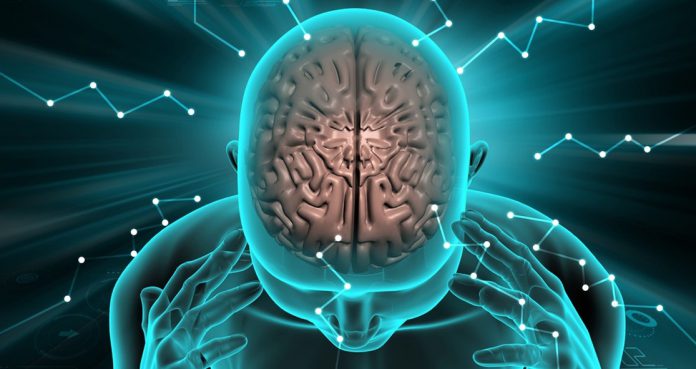Deep Brain Stimulation (DBS) is an experimental technology that includes pacemaker-like device implantation in the brain to send electrical impulses. DBS has been one of the hotly debated subjects in the medical field.
Implanting a pacemaker-like device in the brain is an intricate and risky procedure, and the exact effects on the brain are not yet fully understood.
However, some medical practitioners in China believe that DBS could be one of the effective ways to alleviate the symptoms of depression and even help treat dementia, or Alzheimer’s disease. And now they believe DBS device implantation could help overcome drug addiction as well.
According to the Associated Press, in Shanghai’s Ruijin Hospital, a patient has undergone DBS device implantation in his brain to treat his methamphetamine addiction.
The anonymous patient said that the device has had an incredibly positive effect. He told the Associated Press, “This machine is pretty magical. He adjusts it to make you happy and you’re happy, to make you nervous and you’re nervous. It controls your happiness, anger, grief and joy.”
Many studies in China, which used DBS for treating opioid addictions, have yielded mixed results.
In the United States, two clinical studies tried to treat chronic alcoholism with DBS, which were later stopped because DBS was not able to justify the risks.
In fact, the idea of using DBS device implantation to treat drug addiction has raised many concerns in medical communities across the world.
Some scientists have argued that the exact relationship between the DBS technique and drug addiction is unclear and requires further study. Although animal studies have shown promising results and efficacy, it still remains inconclusive.
Adrian Carter of Monash University in Melbourne told Associated Press, “It would be fantastic if there were something where we could flip a switch, but it’s probably fanciful at this stage,”























